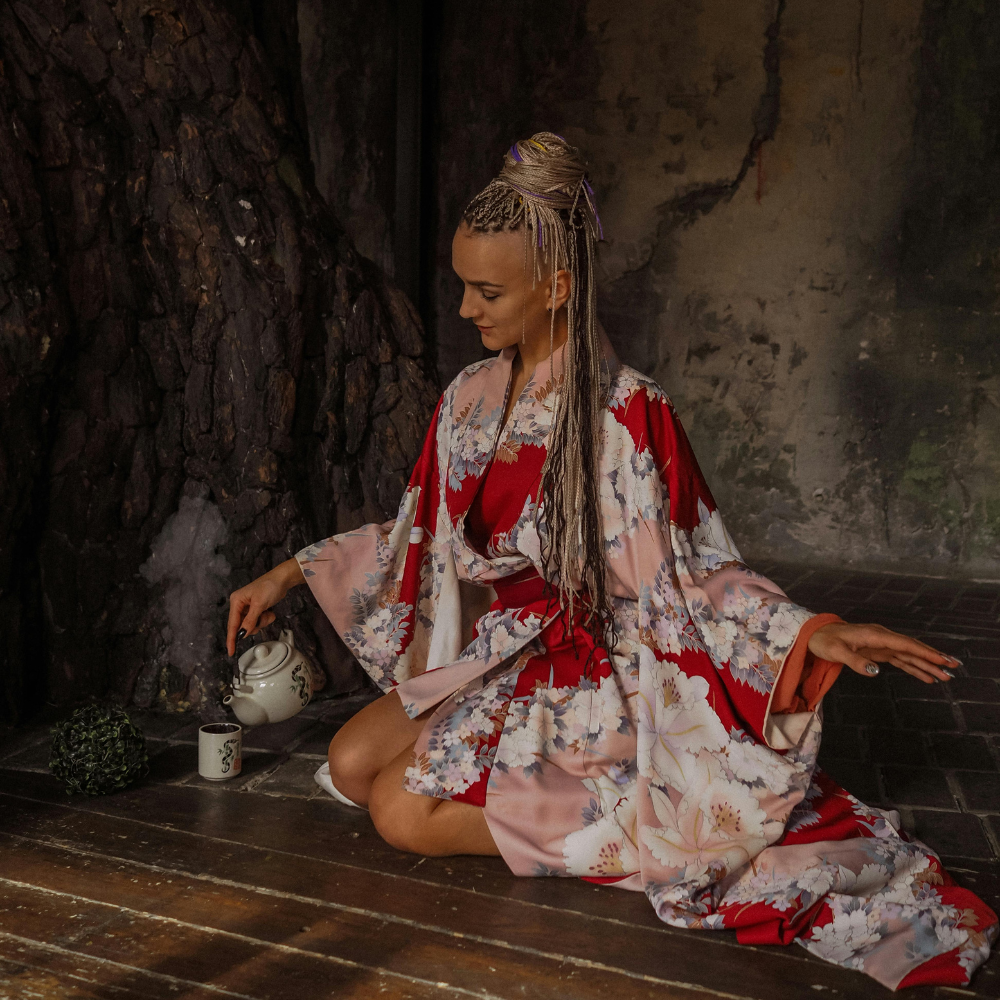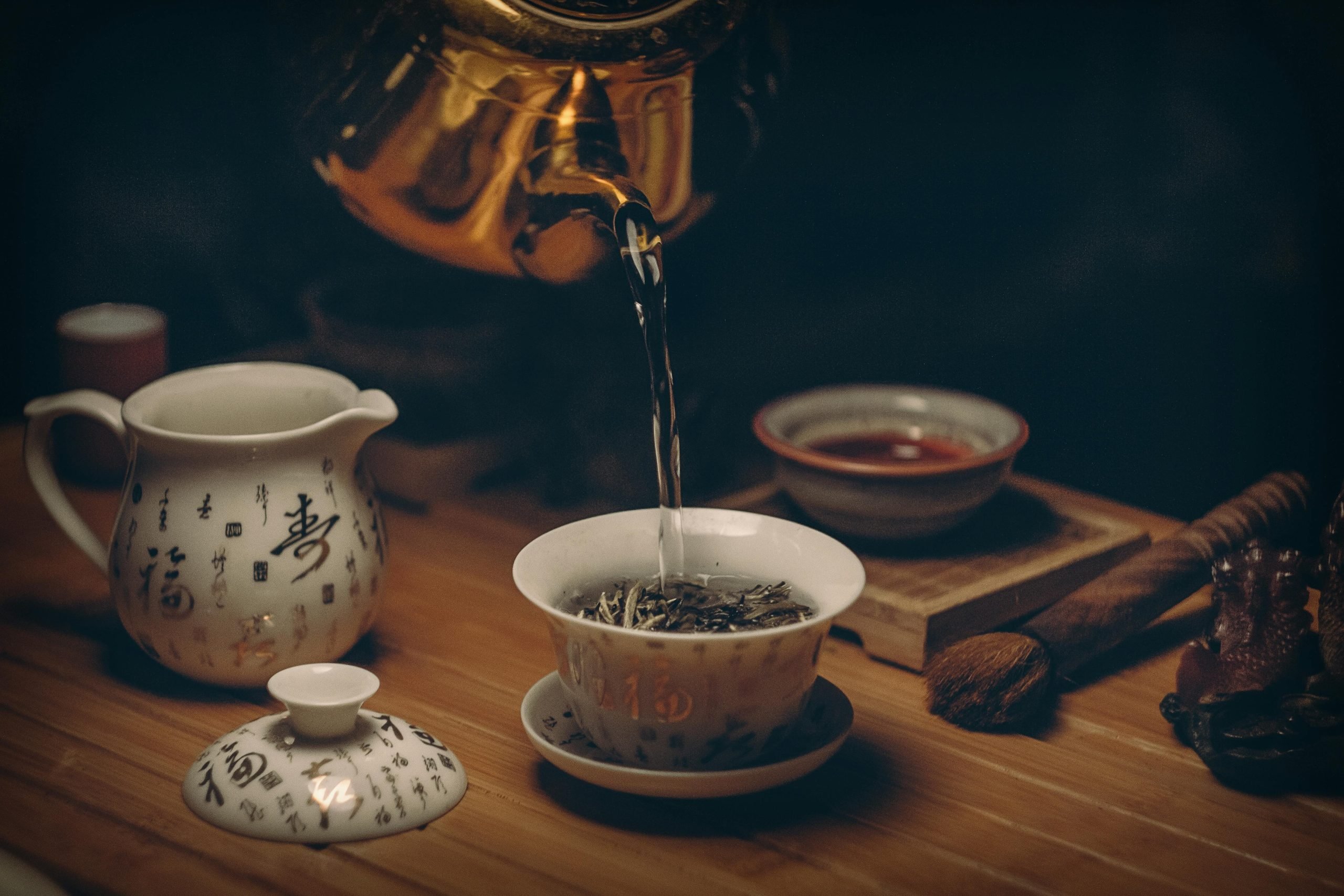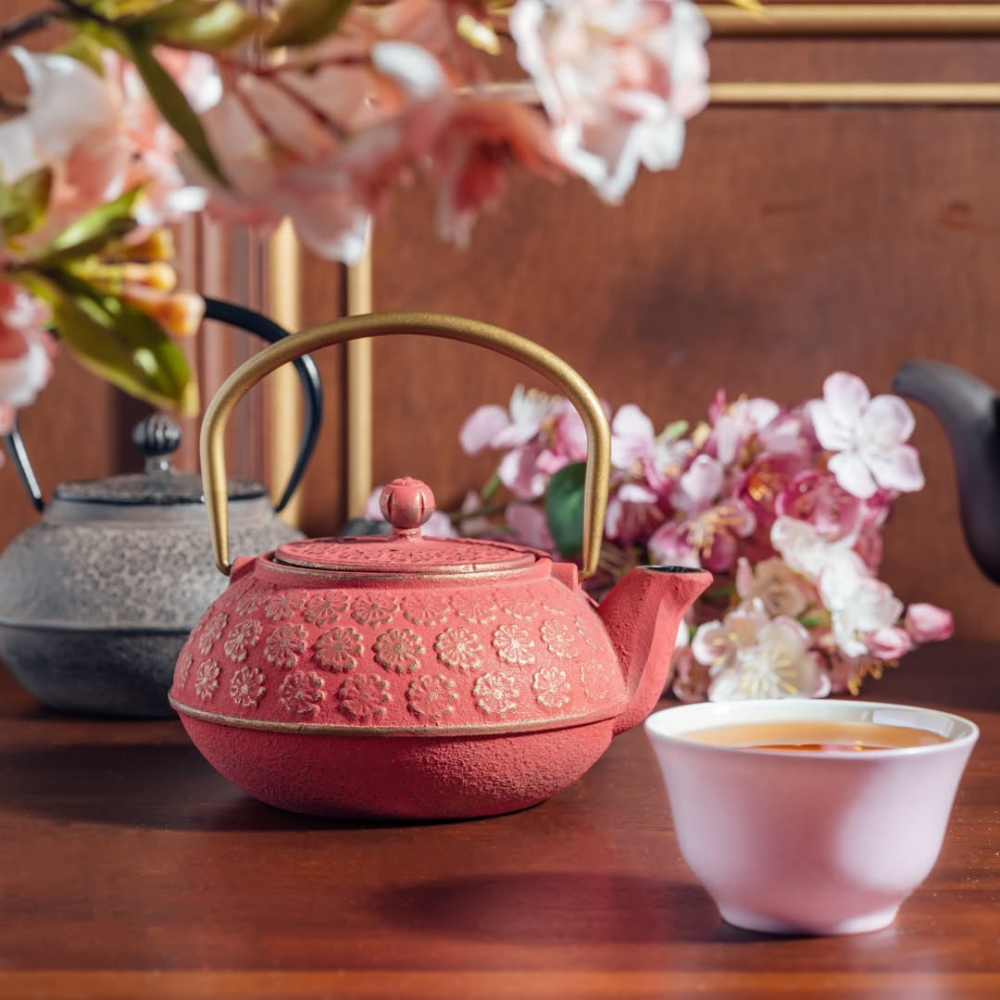Mental Mondays: 10 Best Teas For Anxiety And Stress

A creative writer with a voracious appetite for fashion, beauty,…
How do you like your tea? Dark or sweet? We all have our preferences, but one thing is for certain: we want to get it without stress. Generations come and go, and we all nod to the countless benefits of a great tea. With stress levels continually spiraling out of our grip, we appreciate any healthy form of stress relief. Luckily, there are a good number of teas that work wonders for anxiety and stress.
Irrespective of whether you have a stress trigger or not, these teas, alongside other lifestyle adjustments, can help calm your nerves and keep you in a more relaxed state. Indeed, these are the kinds of tea you have no business spilling. Jokes aside, they work wonders. Considering that anxiety and stress are often used interchangeably, before you barge into the tea market to fill your cart it’s important to know the difference.
A closer look at anxiety and stress?

- Stress typically has an identifiable external trigger, such as work pressure or relationship issues. On the other hand, anxiety may not always have a clear cause and can be triggered by internal factors.
- Stress is often temporary and resolves once the stressor is removed or managed. However, anxiety can be more persistent and may require long-term management.
- Stress is usually a response to a specific situation or event, while anxiety is characterized by a general feeling of apprehension or fear that can be disproportionate to the actual threat.
- Both anxiety and stress can lead to similar physical and emotional symptoms, such as increased heart rate, tension, and difficulty concentrating. They can also aggrandize each other, with stress potentially leading to anxiety and vice versa.
Understanding the differences and similarities between anxiety and stress can help you develop effective strategies for managing both conditions. It also gives more insight into the best teas for anxiety and stress you should consider when tackling the conditions. If these responses become overwhelming or chronic, seeking professional help is recommended.
What are the signs of anxiety and stress?
The following are glaring signs of anxiety and stress:
- Feeling constantly tired despite adequate sleep.
- Increased frustration or irritability over minor issues.
- Trouble focusing or making decisions.
- Frequent tension headaches or migraines.
- Stiffness or pain, especially in the neck, shoulders, and back.
- Trouble falling asleep, staying asleep, or experiencing restful sleep.
- Feeling more anxious or overwhelmed than usual.
- Upset stomach, indigestion, or other gastrointestinal problems.
- Mood swings or feeling overly emotional.
- Increased episodes of forgetfulness or mental fogginess.
- Less tolerance for stress or setbacks.
- Avoiding social interactions or feeling disconnected from others.
- Getting sick more often due to a weakened immune system.
- Struggling to complete tasks or maintain usual levels of productivity.
- Changes in appetite or eating habits.
If you notice these signs, it’s important to prioritize relaxation and self-care to prevent burnout and maintain overall well-being.
Check out better ways to manage stress and anxiety…

Managing stress and anxiety involves a combination of lifestyle changes, relaxation techniques, mental health strategies, and some really great teas:
- Physical activity can reduce stress hormones and increase endorphins, improving mood.
- Eating a healthy diet rich in fruits, vegetables, whole grains, and lean proteins can support your health.
- Adulthood can be hard, but ensure you get 7-9 hours of quality sleep per night to help your body recover and manage stress.
- Dehydration can affect mood and energy levels. Drink plenty of water and the best teas for anxiety and stress. (See them below).
- Practice deep breathing exercises to calm your nervous system. For instance, inhale deeply for 4 seconds, hold for 4 seconds, exhale for 4 seconds, and hold for 4 seconds. This is called Box Breathing.
- Also, try progressive muscle relaxation. Tense and slowly relax each muscle group, starting from your toes and working up to your head.
- Mindfulness meditation can also help you stay present and reduce anxiety. Practice it often.
- You can also attempt yoga. It combines physical postures, breathing exercises, and meditation to promote relaxation.
- Remember that both stress and anxiety stem from the mind. So visualize a peaceful scene or scenario to reduce these mental stressors.
- One of the most notorious culprits of stress and anxiety is pressure at work. Therefore, break tasks into manageable steps to avoid feeling overwhelmed. Prioritize tasks and delegate when possible.
- Share your feelings with friends, family, or a therapist. Connecting with others who understand your experiences can provide comfort and advice.
- Engage in activities you enjoy to distract yourself and relax. This can be anything from spending time outdoors to engaging in creative activities. Implementing a combination of these techniques can help you manage stress and anxiety more effectively.
- Finally, if you sip on the best teas for anxiety and stress, integrate lifestyle changes, and still notice the conditions, let the professionals step in. Professional therapy can provide personalized strategies and support.
Here are the best teas for anxiety and stress…

- Chamomile Tea: Chamomile is renowned for its calming effects, which can help reduce anxiety and improve sleep quality.
- Lavender Tea: Lavender has soothing properties that can help relax the mind and reduce stress.
- Peppermint Tea: Peppermint is refreshing and can help alleviate stress and improve mental clarity.
- Lemon Balm Tea: Lemon balm is a member of the mint family and is known for its ability to reduce anxiety and improve mood.
- Green Tea: Green tea contains L-theanine, an amino acid that promotes relaxation and reduces stress without causing drowsiness.
- Passionflower Tea: Passionflower is often used to treat anxiety and insomnia due to its calming effects.
- Valerian Root Tea: Valerian root is commonly used as a natural remedy for anxiety and insomnia, promoting relaxation and better sleep.
- Rooibos Tea: Rooibos is caffeine-free and contains antioxidants that can help reduce stress and improve overall well-being.
- Ashwagandha Tea: Ashwagandha is an adaptogen that helps the body manage stress and anxiety by balancing cortisol levels.
- Holy Basil (Tulsi) Tea: Tulsi is another adaptogen known for its stress-relieving properties and ability to promote mental clarity and relaxation.
Note: Always consider your personal preferences and any potential allergies or interactions with medications you may be taking.
Featured image: Nadin Sh/Pexels
For the latest in fashion, lifestyle, and culture, follow us on Instagram @StyleRave_
—Read also
A creative writer with a voracious appetite for fashion, beauty, lifestyle and culture. As one who's passionate about the advancement of the woman, creating content that inspire smart style and living, and positive lifestyle changes is a calling I take seriously. At Style Rave, we aim to inspire our readers by providing engaging content to not just entertain but to inform and empower you as you ASPIRE to become more stylish, live smarter and be healthier. Follow us on Instagram @StyleRave_ ♥



